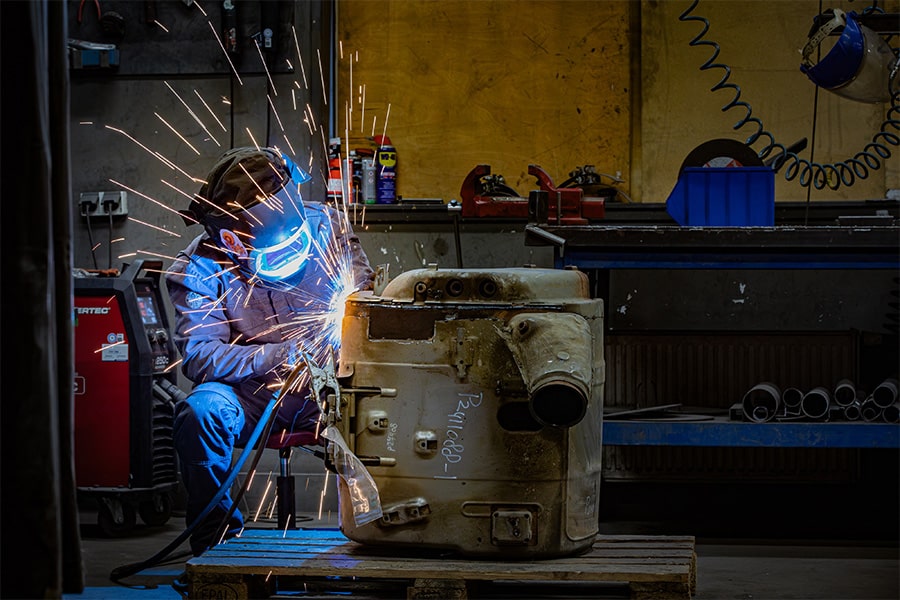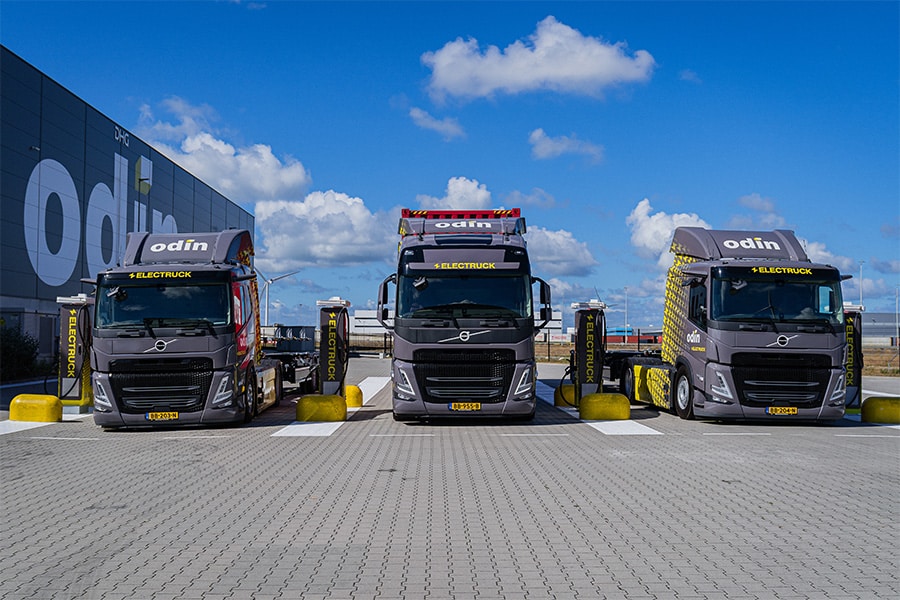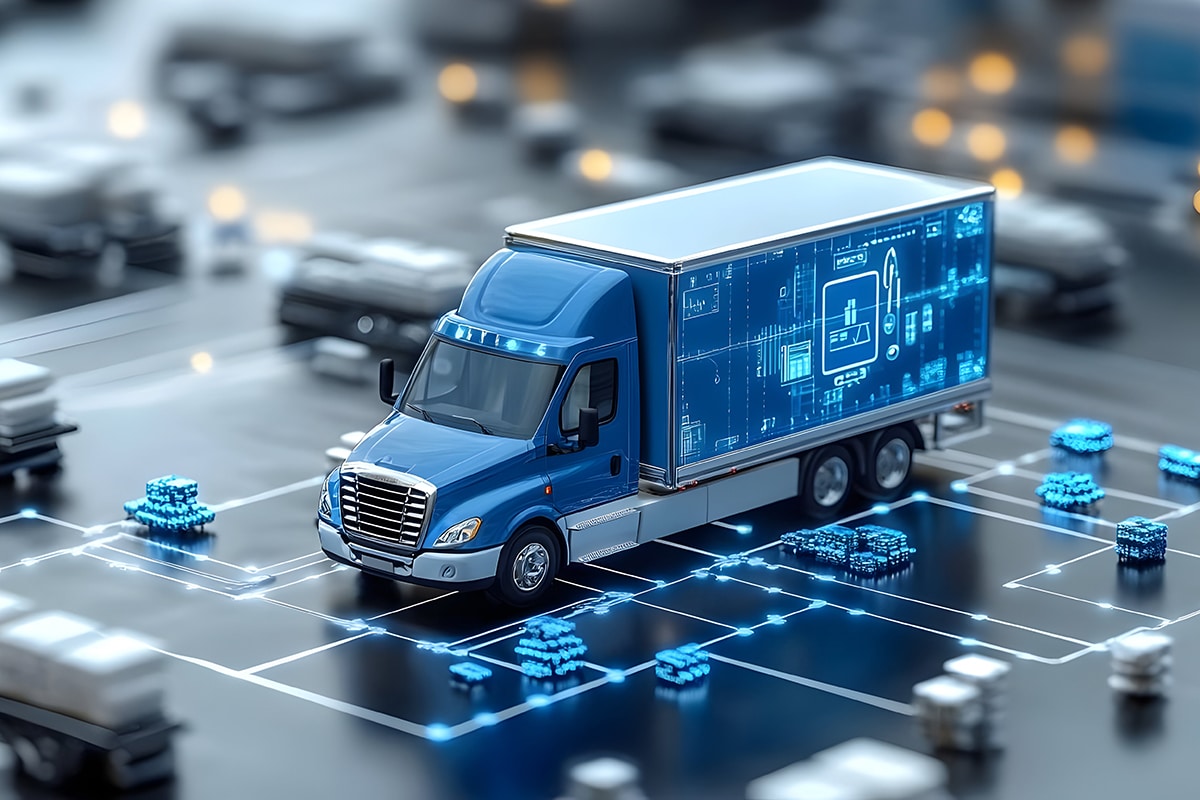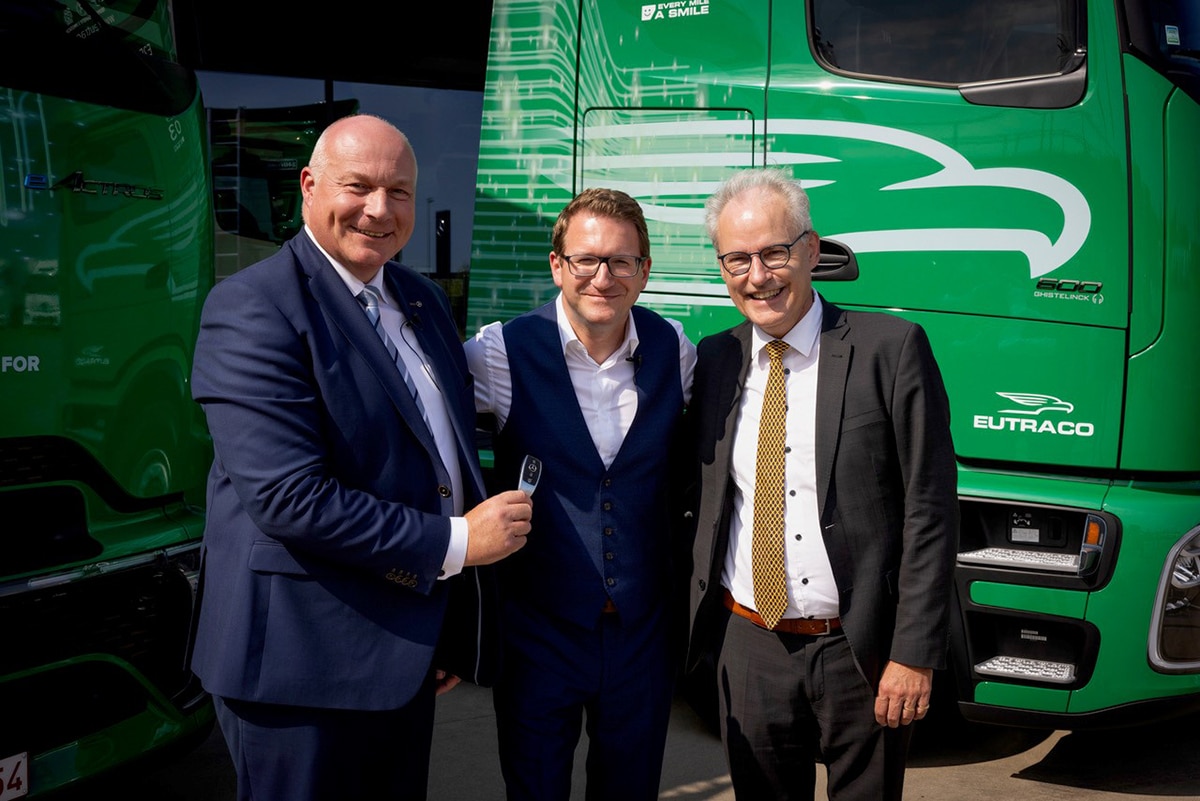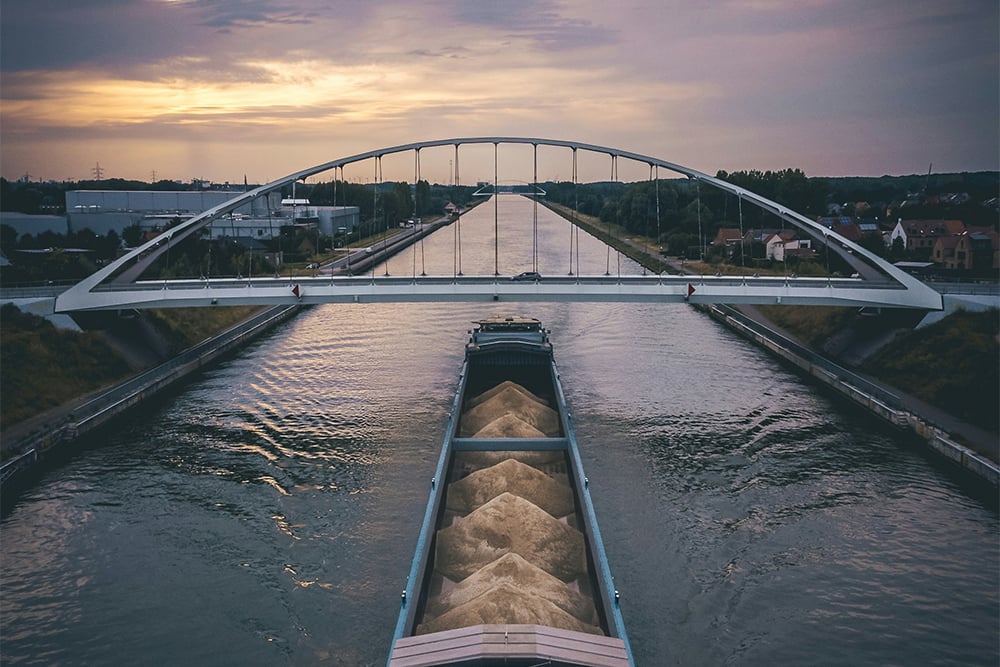
Flanders as a top logistics region: achievements and recommendations
Day and night, endless tons of goods are transported on Flanders' roads. Its central location in the Blue Banana - the busiest region in the world - as well as a dense network of railroads, ports, airports and freeways make Flanders a logistics hub within Western Europe. According to the Flemish Minister of Mobility and Public Works, what are the biggest challenges for our logistics and transport companies? And what policy measures has the Flemish government already provided to support them in this regard?
"Besides location and infrastructure, the technical expertise, language skills and productivity of Flemish workers are also important assets. And the innovative power of our Flemish logistics companies!"
Low-wage jobs
However, there are also many challenges facing the sector. "The tightness in the labor market is a major concern," the minister said. "I hope that we can find suitable personnel in part in our own country. Wallonia must pursue a stronger activation policy. An ambitious and targeted cooperation agreement between VDAB and Forem is necessary for this. We also need to look at the labor reserve."
"The logistics sector has many low-threshold jobs. Let's get young people excited about it from school! We must be vigilant that our companies can continue to find enough employees. This challenge is great, even in other countries. According to The Economist, 100,000 truck drivers are needed in Germany alone. It is therefore understandable that the industry also seeks employees abroad."
Developing additional business space
"We also need to shift up a gear in terms of business space," the minister indicated. "For example, I am committed to developing water-bound business space. Within the ENA consultation (Albert Canal Economic Network, n.v.d.r.), I am a strong supporter of looking for additional sites. Transport by water ensures less (polluting) road traffic. So that's double social gain."
According to the minister, the greening of the logistics sector is essential. "In Flanders, some 21% of all CO2 emissions come from mobility. Freight transport accounts for half of that. It is therefore important that we shift as many vehicle kilometers as possible to more sustainable alternatives such as water and rail, or green them by opting for zero-emissions."
Green light for modal shift
To encourage sustainable logistics and mobility, the Flemish government already took some initiatives. "I already made a lot of investments in waterways, rail and multimodal hubs. For example, I had all the bridges over the Albert Canal raised so that higher-stacked cargo ships can sail further into the country. From Flanders, we also co-invest in rail projects, even though this is essentially a federal competence. We have a list of eleven Flemish priorities for which we are providing 100 million euros. For example, there is the 3RX dossier which should lead to a second opening up towards the hinterland (Germany), and the creation of new water-bound business parks within the framework of the ENA already mentioned. At my request, new business development zones are being examined in the provinces of Limburg and Antwerp. We also support the sector with regard to the conversion to zero-emission trucks. For example, we have already launched two project calls for loading solutions for heavy freight."
Ambitious VIAVIA project
The minister also refers to the VIAVIA project: "With this we want to make road, water and air freight transport in our region more sustainable, with a modal shift towards water and rail. We are doing this with a Top Team of experts and five specific Task Forces with experts, stakeholders and the sector. They are joining forces towards emission-free freight transport in Flanders."
